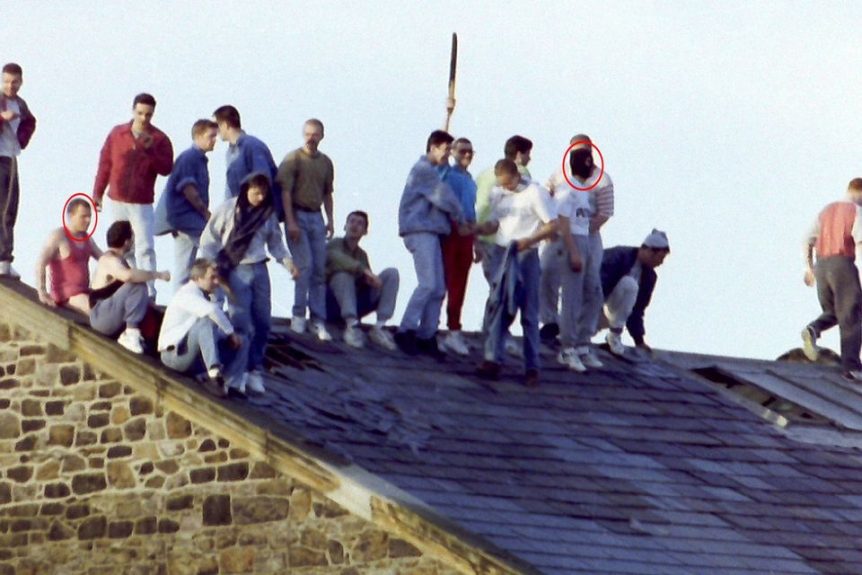Are there other themes or ideas which interest you?
I was talking earlier about how few working class voices get through to the mainstream, or to a wider audience, and within that the fallacy around the question that Protestants, or maybe working class Protestants, aren’t interested in the arts. And when you look around, let’s say you look at West Belfast, you might ask who are the working-class writers who have broken through? There aren’t many.
The best known writer from the North is Glenn Patterson, who’s from a working class Protestant background. You have the writer Dawn Watson, another writer from a Protestant background, and the novelist Micky Magee who’s from west Belfast. It just isn’t accurate to say that Protestants don’t write or aren’t involved in the arts. Until recently, the truth is that brought-up-poor voices didn’t get much access to mainstream outlets.

Language and the sound of language seems an important area in your work?
I read Bernard O’Donoghue’s book, Seamus Heaney and the Language of Poetry and that really influenced me. Language and the sound of words and phrases are an area I look into, an area which fascinates me. The space between the graphical and the verbal if that makes sense. That interface. An interface on the Interface?
Is there an element of documenting a particular part of local life in the way that other people internationally document particular local areas?
I think when you look at life in other places, other cultures, other societies and the ways of life that people lead, sometimes it comes across as cartoonish; it is often incredibly simplified.
You need to look into the contradictions: so many things that go into making a life or lives. For example, when I was growing up, we didn’t have much money, but I was insanely fortunate, in that I had a family where the parents were still together (they did break up but then they got back together), and the life in my house was stable . I couldn’t imagine it being any better.
But outside the home … I was there when the Shankill bomb went off. I was in a shop a few doors down. Later, I saw guns being fired, at parades, at bonfires. I would be immersed in that Loyalist world. Beyond that though I would be going to have pints in the Limelight with new friends made through music.
There are entirely different worlds on top of each other, from the things I did with my grandfather which seem at odds with that stereotype of the Shankill, to all those other experiences.
And is that you want to capture all those experiences rather than the standard Troubles’ narrative?
I was talking to a friend of mine recently and he was telling me about old men he drinks with who reminisce about shooting people. He was saying how boring it is. They deal with it by laughing about it, making fun of it, but he thought it was just boring. But he himself had witnessed shootings, and he had seen people who’d been shot dead and the reality of shootings,. He had seen the bodies and that “had a huge impact on him” of course, but that WAS his backstory.
There’s a tendency to play down the personal effects of the Troubles. People say if you write about the Troubles, you’re cashing in on it. But I have an entirely different experience and attitude towards regarding life here from everyone else, as does everyone.
How would you explain that attitude?
In some ways the Troubles aren’t really over where I’m from, indeed where I now live, although it’s been gentrified. The paramilitary structures are still there. In 2000 there was a intra-Loyalist feud. A lot of people will say it that it has all been sorted, but there was another feud started just recently. There are still plenty of reminders and hangovers from the Troubles that can’t just be played down.The Crumlin Road Gaol jail in one of my poems was three minutes’ walk from my house. It was an odd situation to have a major prison so close to houses . How could I leave that out?

If you would like to see more of Scott McKendry’s work – go to the following link – x.com/al_mac_e
